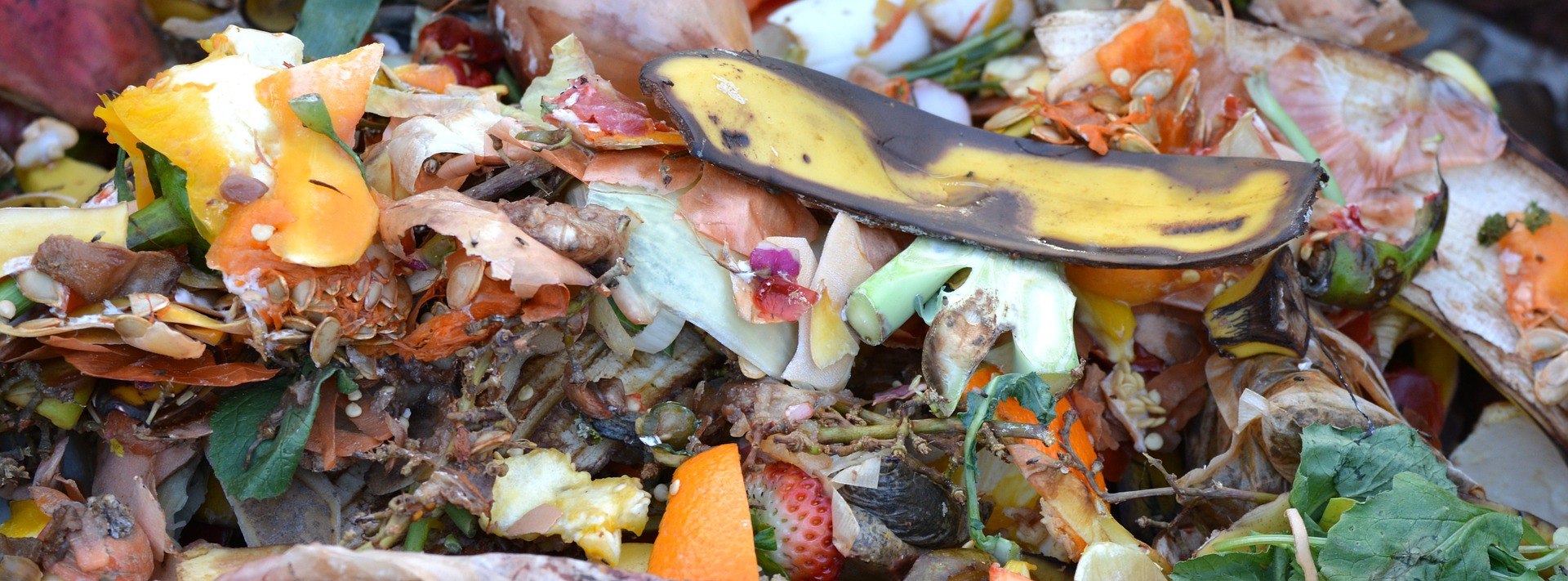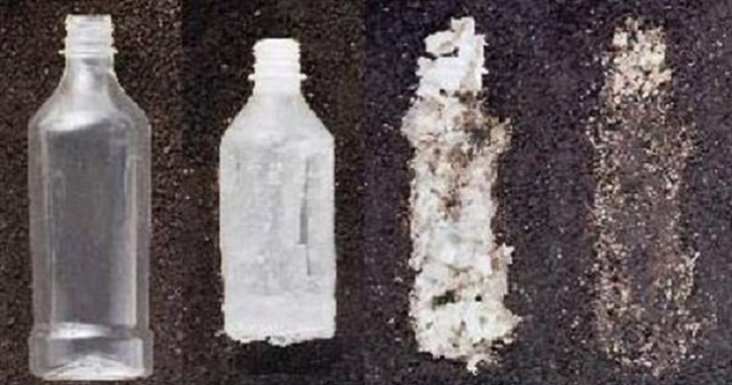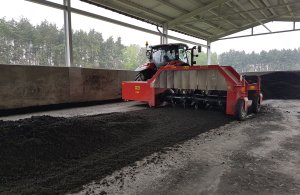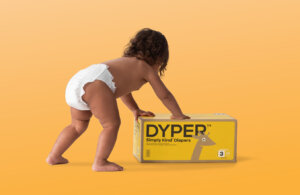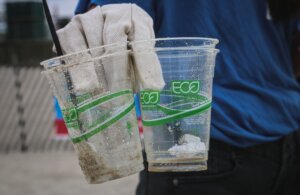Not all plastics made from renewable raw materials are biodegradable. (Credit: bioplasticsnews.com)
There are bioplastics made from renewable raw materials, for example corn starch, and there are bioplastics that are biodegradable according to an article on Bioplasticsnews.com. This isn’t the same thing. Not all plastics made from renewable raw materials, sometimes also known as “bio-based plastics,” are biodegradable. And conversely, not all biodegradable plastics are made from renewable raw materials. Whether or not a plastic product is biodegradable depend not on the raw material, but on the chemical structure of the plastic. Biodegradable plastic decomposes easily, it’s not suitable for uses in which the plastic should be as durable as possible, for example water bottles.
Researchers at ETH Zurich recently developed a bioplastic called polyethylene furanoate (PEF) that can be used in the same way as polyethylene terephthalate (PET) for water bottles. PEF consists of renewable raw materials and is, therefore, a step forward. It’s recyclable or can be incinerated in a process that’s CO2-neutral. But it’s not biodegradable.
In fact, even “biodegradable” is not always biodegradable. For many of these plastics, it only works under certain conditions. For instance, the EN 13432 standard in use in Europe defines a material as “compostable” if, after 12 weeks in an industrial composting plant in which a certain temperature, humidity and oxygen levels are guaranteed, 90% of the material disintegrates into parts smaller than two millimeters. In other words, this won’t necessarily happen in your home-made compost in your garden.
That’s why many waste management companies in Germany — the ones in Munich and Berlin, for example — are not at all enthusiastic about the use of bioplastic bags in organic waste bins. In most cities, organic waste is composted for three months only. This is enough to produce fertile humus, but not enough to decompose these bioplastic bags. For this reason, the companies tediously have to sort the bags out. Instead, they recommend you wrap the organic waste in newspaper. The paper absorbs part of the liquid and is good for compost anyway because it loosens it up.
